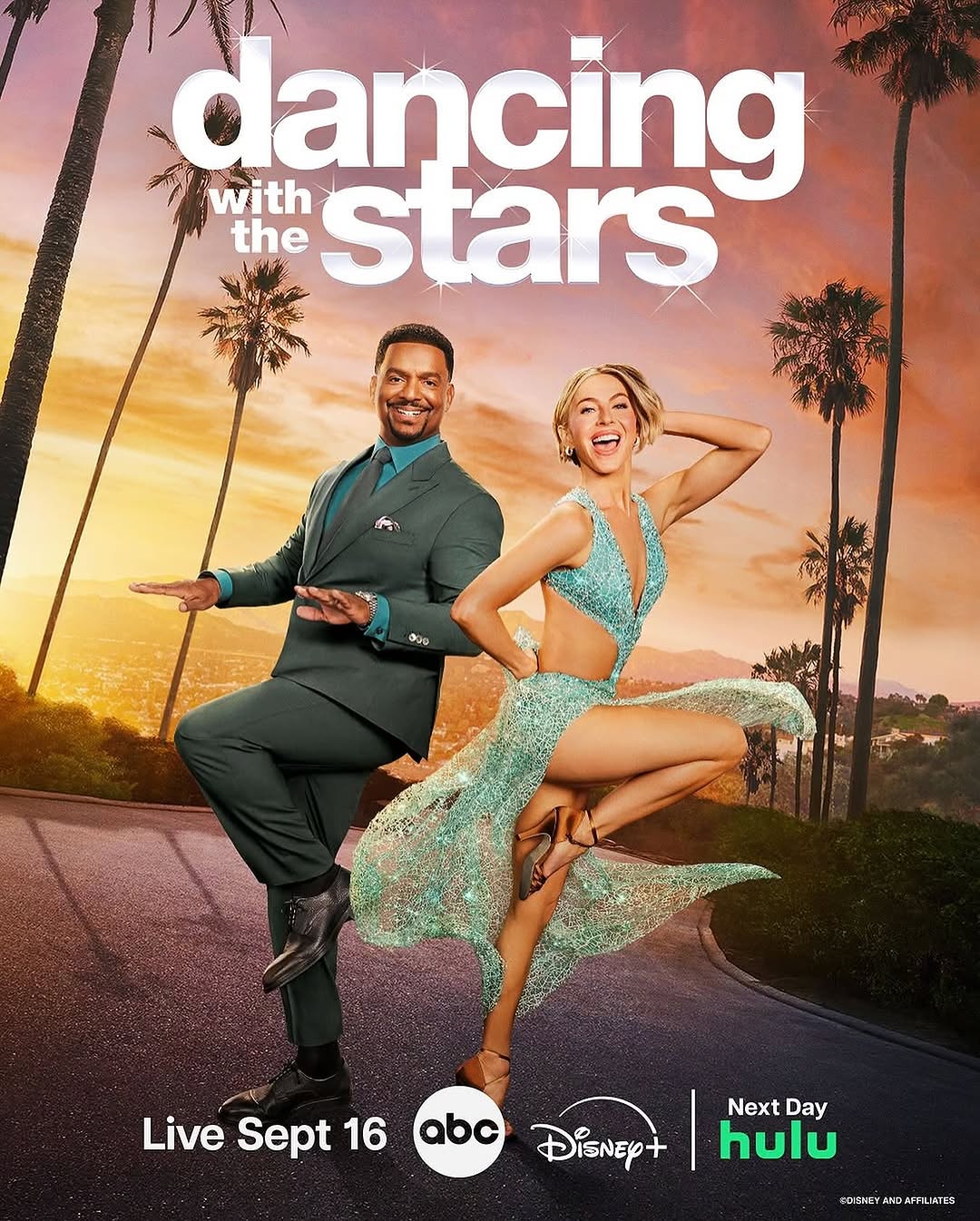How Dancing with the Stars Turned Its 2025 Cast Into a Marketing Masterstroke
Glitter, Glamour—and a Marketing Blueprint
In 2025, Dancing with the Stars isn’t just America’s longest-running ballroom spectacle—it’s one of television’s smartest marketing machines. Season 34’s freshly revealed cast is more than entertainment value; it’s a carefully engineered case study in demographic targeting, nostalgia economics, and digital virality.
For business leaders, the ballroom doubles as a boardroom. Each casting choice reveals lessons in how brands can broaden reach, revive dormant audiences, and drive engagement across platforms.
Celebrity Casting as Multi-Demographic Targeting
The Season 34 lineup reads like a marketer’s dream portfolio. Olympic gymnast Jordan Chiles taps into sports enthusiasts and patriotic pride. NBA veteran Baron Davis connects with basketball fans and an urban demographic. Singer Lauren Jauregui, from Fifth Harmony, appeals to millennial pop loyalists. And Gen Z gets its champion in influencer Alix Earle, whose viral “sold-out effect” has been known to empty Sephora shelves in hours.
By casting across sports, music, nostalgia, and digital influence, DWTS ensures every viewer segment—Gen Z, millennials, Gen X, and even boomers—finds a reason to tune in.
Business takeaway: When planning campaigns, diversify your “cast” of ambassadors. The broader your representation, the broader your consumer touchpoints.

Dancing with the Stars promo
The Power of Nostalgia in Consumer Marketing
Strategically, DWTS doesn’t just look forward; it looks back. Nostalgia is a proven sales driver, with studies showing it increases consumer willingness to spend. This year, ’90s icons Corey Feldman and Danielle Fishel (Topanga from Boy Meets World) headline the throwback appeal.
For older millennials and Gen X, their presence is a portal to childhood television. For younger fans, it’s a cultural curiosity—bridging generational gaps in a single casting decision.
Business takeaway: Nostalgia isn’t about reliving the past—it’s about monetizing memory. Brands can revive dormant audiences by reintroducing beloved personalities or product lines.
Related: DWTS Pay Secrets: The Shocking Truth About What Pro Dancers Really Earn
Borrowing Equity From Sports Brands
Athletes bring more than agility to the ballroom—they bring brand equity. Jordan Chiles, fresh off Olympic glory, lends DWTS prestige and a sense of discipline. Meanwhile, Baron Davis, with his charismatic NBA history, adds swagger and media gravitas.
Athletes come pre-packaged with a narrative of perseverance, competition, and excellence—values brands are eager to borrow.
Business takeaway: Partnering with athletes allows companies to share in the credibility of performance and resilience. It’s an instant credibility transfer.
Influencer Integration for Viral Momentum
Perhaps the most forward-thinking casting choice is Alix Earle. Dubbed the “It Girl of TikTok,” her ability to turn products viral overnight gives DWTS a built-in amplification strategy. Every dance recap, costume reveal, or behind-the-scenes video has the potential to travel far beyond traditional TV viewership.
Other cast members, like reality star Jen Affleck and mom-fluencer Whitney Leavitt, bring pre-existing digital communities eager to rally behind them.
Business takeaway: Modern marketing isn’t just about reach—it’s about shareability. Brands that integrate influencer voices can extend beyond traditional audiences into global virality.

Whitney Leavitt and Mark ballas
Narrative Chemistry: Pairing Celebs and Pros
The show’s magic doesn’t stop with the cast; it extends to partnerships. Season 34 pairs Whitney Leavitt with returning fan-favorite pro Mark Ballas, instantly creating a comeback narrative that media outlets latch onto. Meanwhile, putting Alix Earle alongside Val Chmerkovskiy sets up a digital-meets-traditional storyline perfect for press coverage.
DWTS doesn’t just pair dancers—it engineers storylines that fuel week-to-week conversation.
Business takeaway: Don’t just introduce talent—craft narratives. Audiences respond not just to individuals, but to the chemistry and tension between them.
A Cross-Platform Distribution Strategy
Casting brilliance only works if people can see it. Season 34 debuts September 16, 2025, live on ABC and Disney+, with next-day streaming on Hulu. This three-tiered rollout means the show captures older broadcast viewers, cord-cutting millennials, and on-demand streamers simultaneously.
It’s a distribution model that mirrors the diversity of its cast—every demographic has a platform, just as every demographic has a contestant.
Business takeaway: Align your content strategy with your audience’s consumption habits. Meet your consumers where they are, not where you wish they’d be.

Alix Earle and Valentin Chmerkovskiy
Conclusion
Dancing with the Stars Season 34 is more than a TV lineup—it’s a masterclass in strategic marketing. By blending nostalgia, athleticism, pop culture, and influencer firepower, DWTS secures not just ratings but cultural relevance across generations.
Related: Driving ROI: Personalization in Automated Marketing














